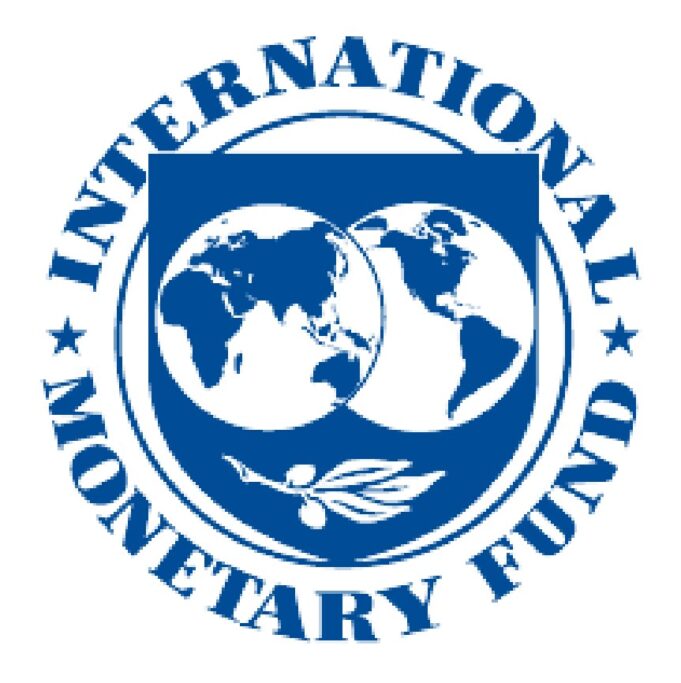Africa’s placement in global diplomacy has almost always been informed by its “colonial and post-colonial history,” wrote Takudzwa Hillary Chiwanza, a barrister, journalist and social media content professional.
“When African countries got independence, they inherited the colonial power structures of the colonizers without fundamentally altering them, thus perpetuating the dominance of capitalism to the detriment of the masses: the urban poor and peasantry,” stated Chiwanza. His commentary appeared in the Sunday Mail under the headline, “Africa Shouldn’t Listen to the International Community,” which Chiwanza defines as the Global North.

Add to that observation another point that opens the 2022 book, “Economic and Monetary Sovereignty In 21st Century Africa.” “The need for Africa to increase its monetary and economic sovereignty in order to powerfully face the unequal international division of labor has rarely been more urgent, as being dependent on the ‘benevolence’ of foreign creditors, both public and private, is neither sustainable and beneficial,” the book notes.
These ties are also something that economist and Pan-Africanist Dr. Ndongo Sylla has written on. “Over forty years after the formal end of colonialism, suffocating ties to Western financial systems continue to prevent African countries from achieving any meaningful monetary sovereignty,” wrote Sylla, who is also one of the editors of “Economic And Monetary Sovereignty,” a book of essays.
According to Sylla’s book, monetary sovereignty, “is defined in legal terms as the right of a state to issue its own currency, the right to determine and change the value of that currency, and the right to regulate the use of that currency or any other currency within its territory. But these principles are often challenged by international private law, unequal power structures between reserve currency nations and developing countries or by surplus/deficit positions in the global economy.”
The book includes a diverse collection of writings on how African societies are resisting financial dependency and colonial legacies and uses a comparative multi-disciplinary approach. Included in this collection of essays are what went wrong after Pan-African approaches that defined the early stages of independence, and how most African economies fell into the firm grip of the International Monetary Fund (IMF), World Bank, and the European Union’s (EU) strict neoliberal policies.
Right before the 2020 Christmas holidays, French President Emmanuel Macron held a joint press conference with Cote d’Ivoire President Alassane Ouattara announcing the “end” of the CFA franc. The CFA franc zone consists of 14 countries in sub-Saharan Africa. According to President Ouattara, the currency’s name would change to “Eco.” France would no longer govern or manage the common currency of Cote d’Ivoire and seven other so-called Francophone or West African states, and France would “stop holding 50 percent of the reserves in the French treasury,” said President Ouattara.
Fast forward to France’s latest push toward monetary sovereignty for its former African colonies. “Going forward, the challenge will be to keep the benefits of the CFA franc monetary zone, namely a stable currency and low inflation, while transitioning to a new institutional system away from France,” reported the Harvard International Review. “A monetary system that holds a former colonial power as the guarantor, regardless of announcements or agreements, will always ultimately fail to eradicate neocolonialism,” the article noted.
So the bottom line is more double-speak. We’ll implement a transition toward monetary sovereignty sounds like the transitional governing council in Sudan, managed by its military, with no foreseeable civilian elections.
A welcomed development is The West Africa Peoples Organization (WAPO). The organization is an anti-imperialist network that promotes regional unity across West Africa. “The organization has welcomed a proposal for greater collaboration between Burkina Faso, Mali, and Guinea, and has called for coordination and planning of production, trade, infrastructure, development, and defense among these countries after the withdrawal of French military forces from the Sahel region,” reported the Sri Lanka Guardian.
The U.K.-based Guardian noted that the anger in Mali, Burkina Faso, and Guinea is not just because of the presence of the French military, but the “result of France establishing their regional economic policy.” The majority of their anger is directed at the “reserves of the three countries (as well as many other Francophone countries) that are kept in France. France also retains the right to confiscate their national financial reserves,” Kafui Kan-Senaya, the secretary-general of WAPO and the research secretary of the Socialist Movement of Ghana, told Peoples Dispatch.
According to Economic and Monetary Sovereignty, “The situation is not very different for the North African countries of Tunisia, Morocco, and Algeria. After independence, they established their own central banks and began issuing their own currencies. Despite enjoying nominal monetary sovereignty, they face numerous facets of monetary, economic, and financial dependency.”
—Follow @JehronMuhammad on Twitter













